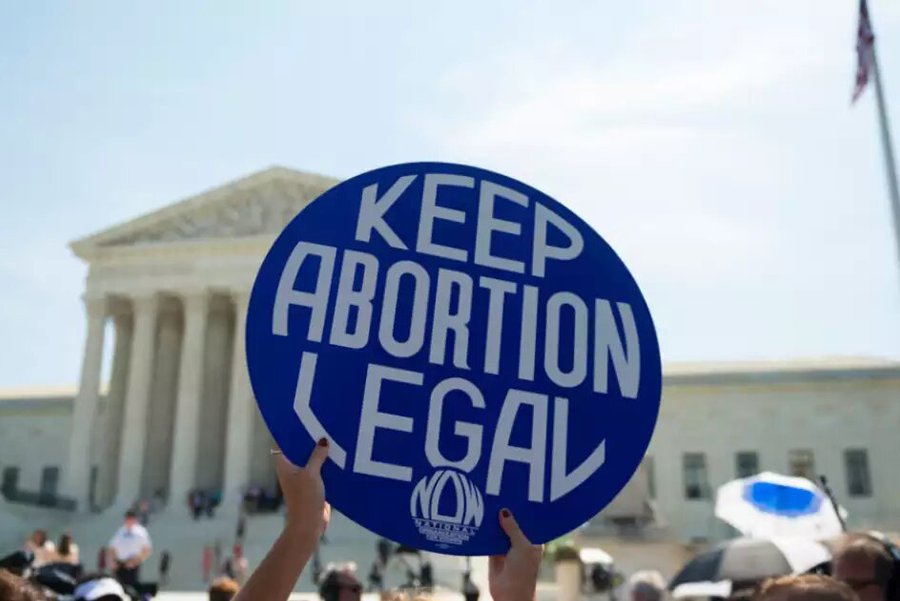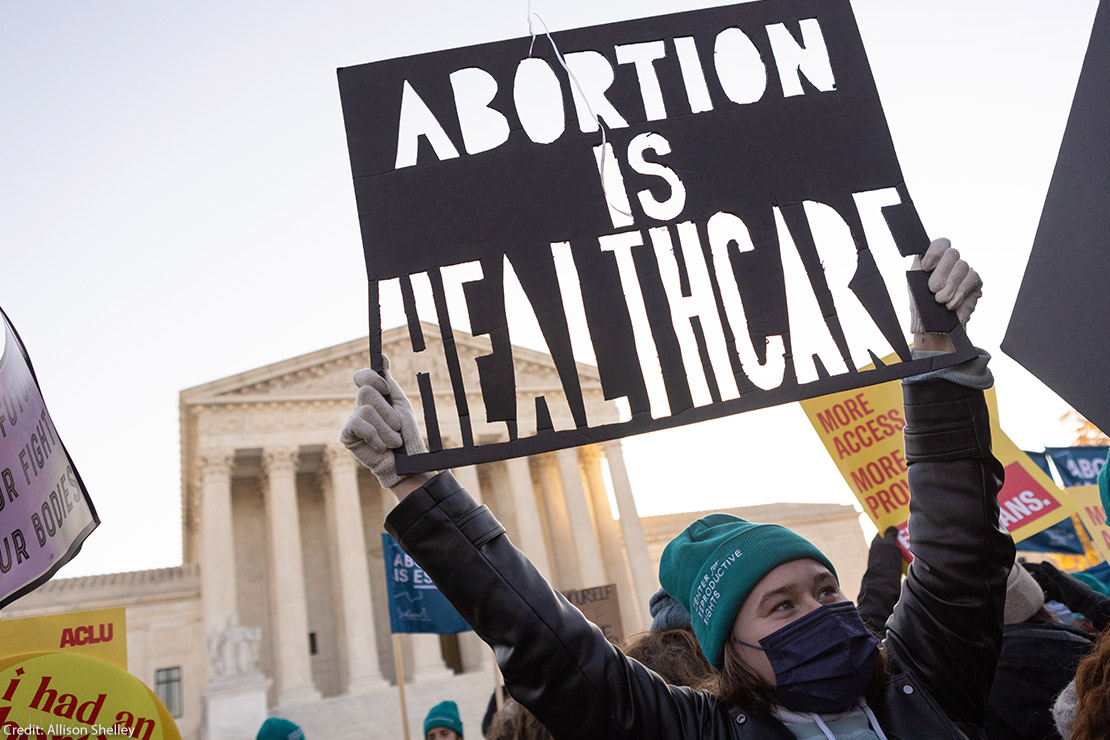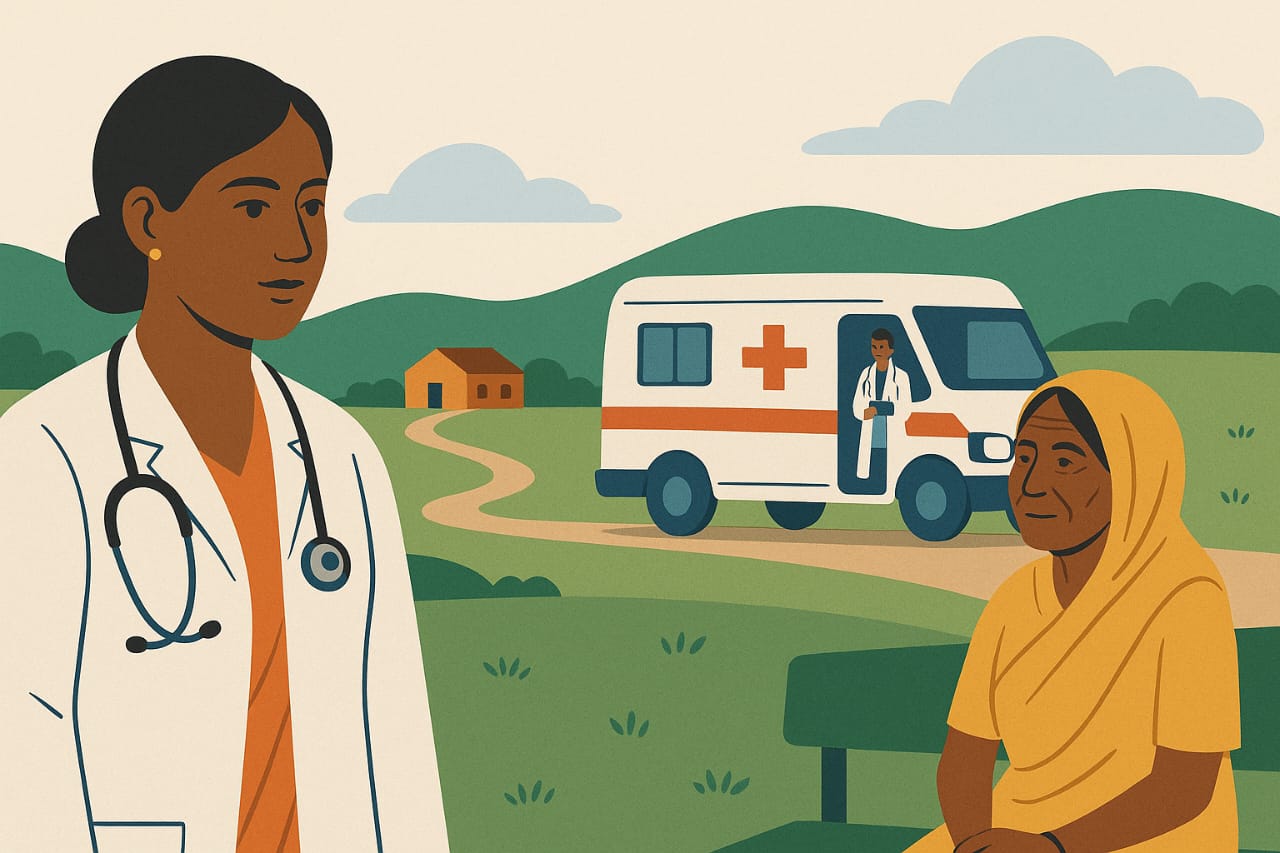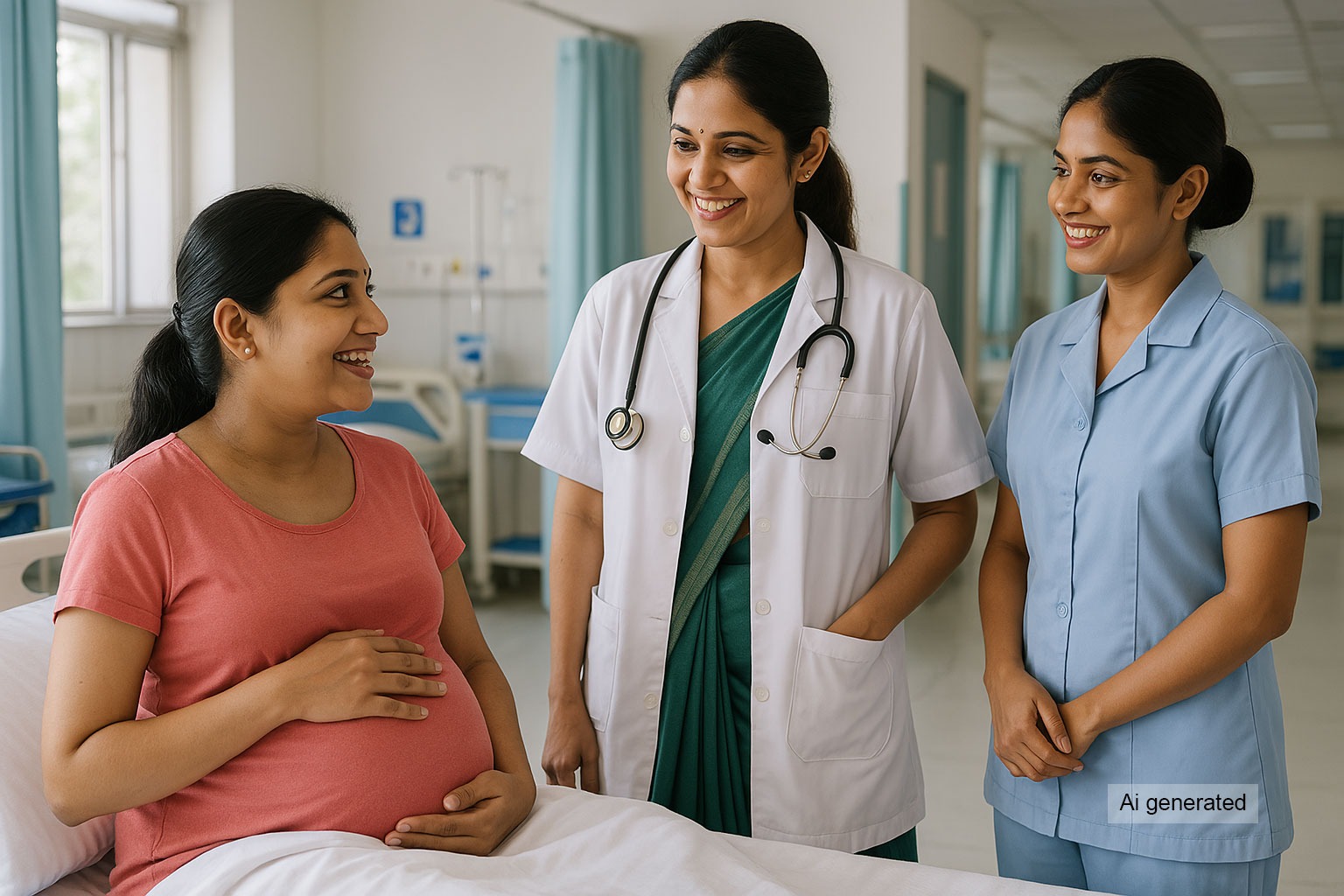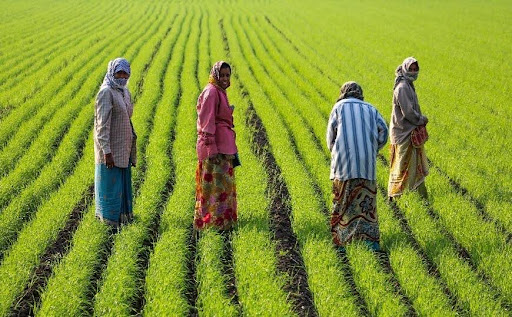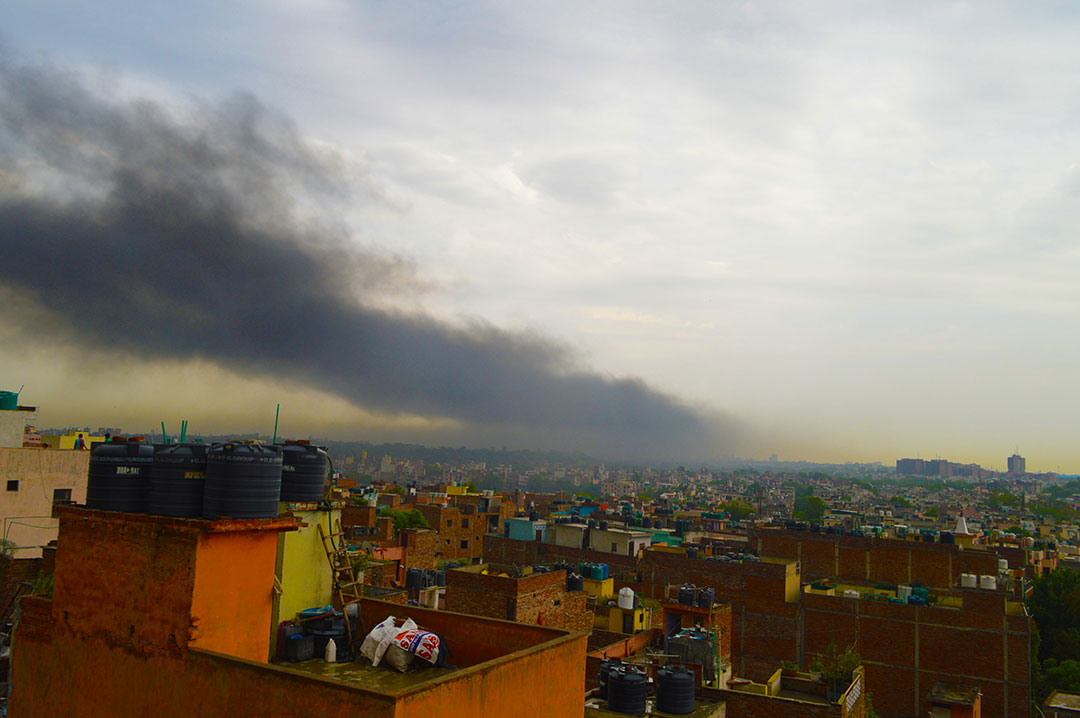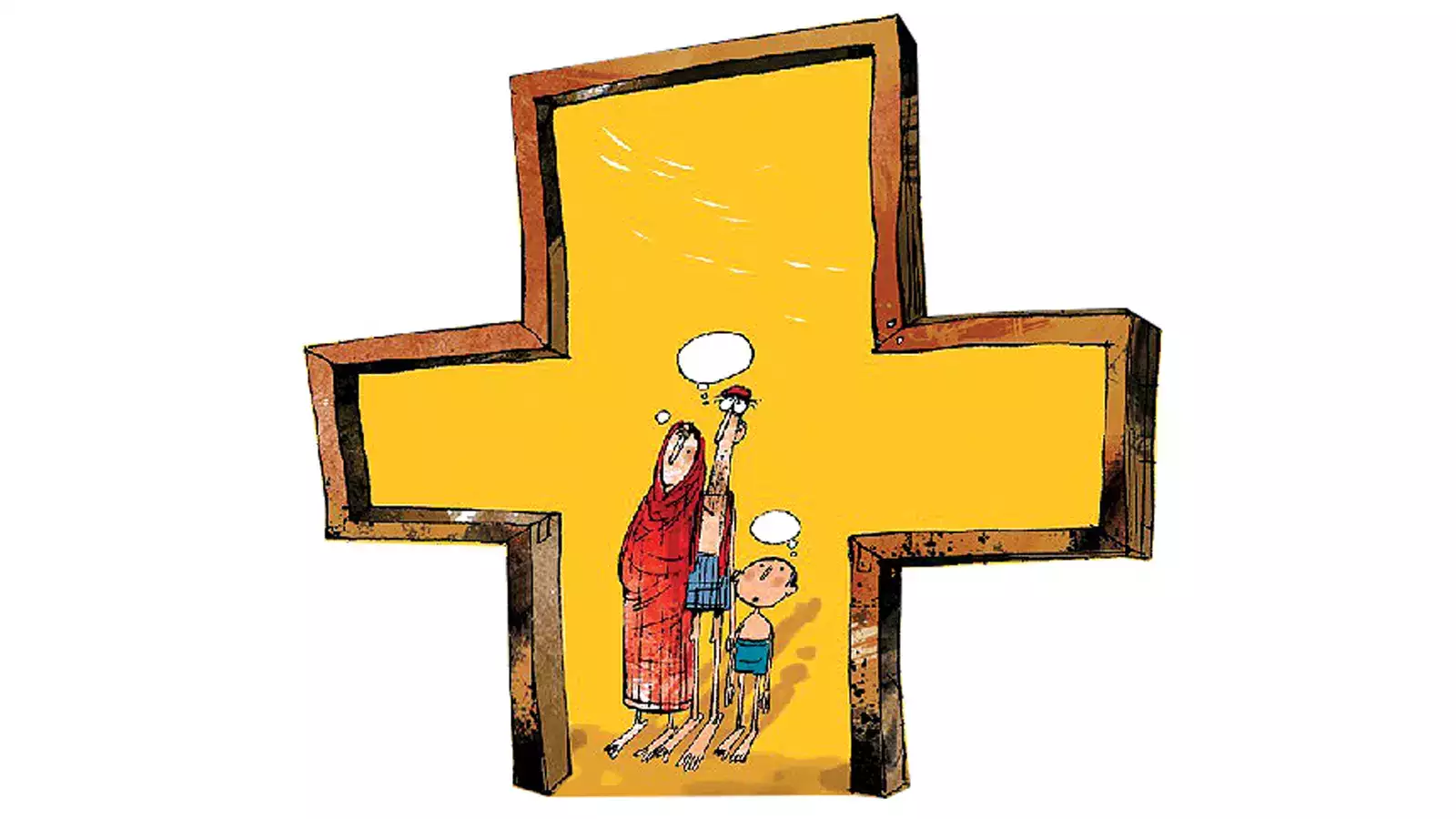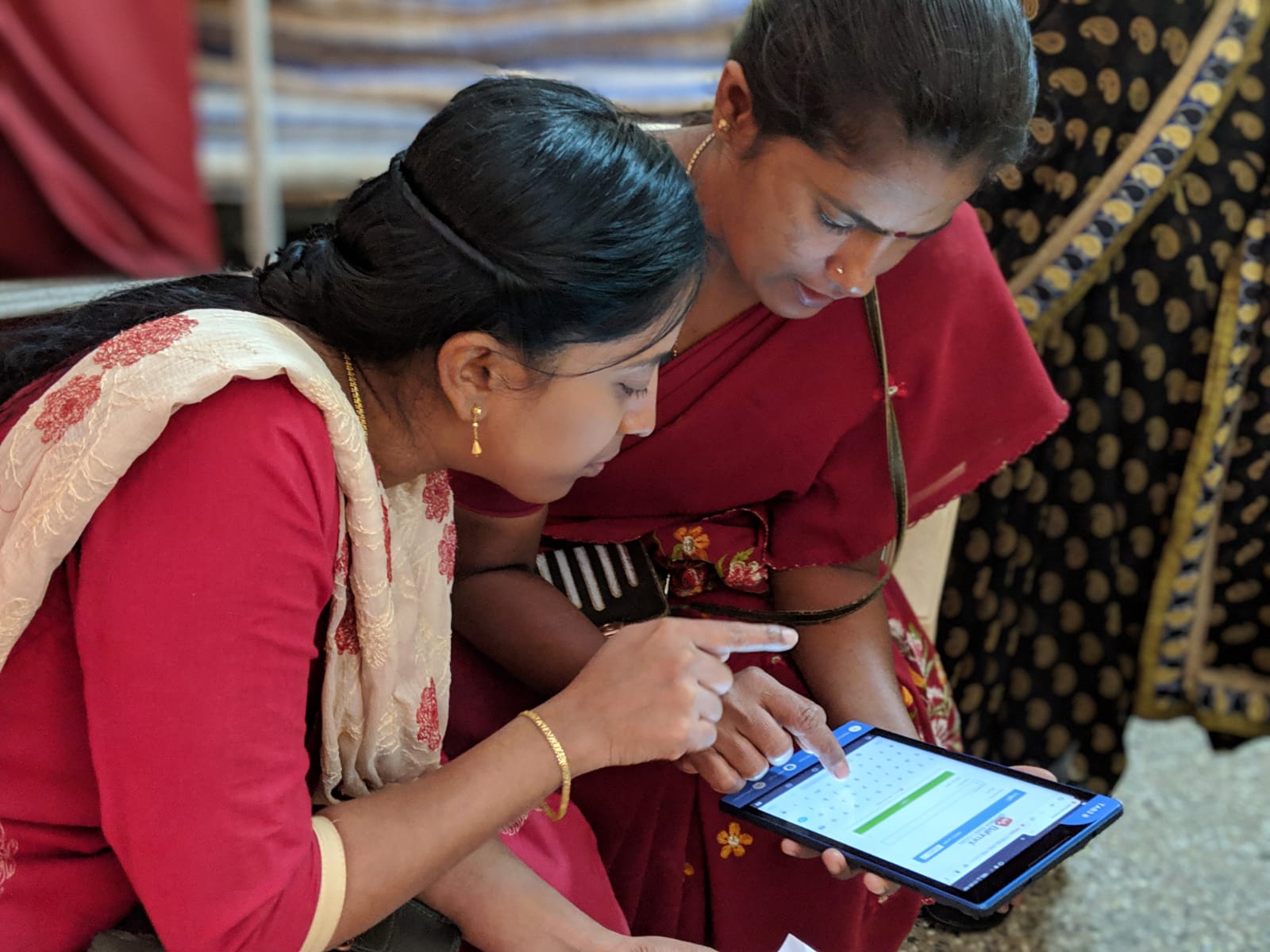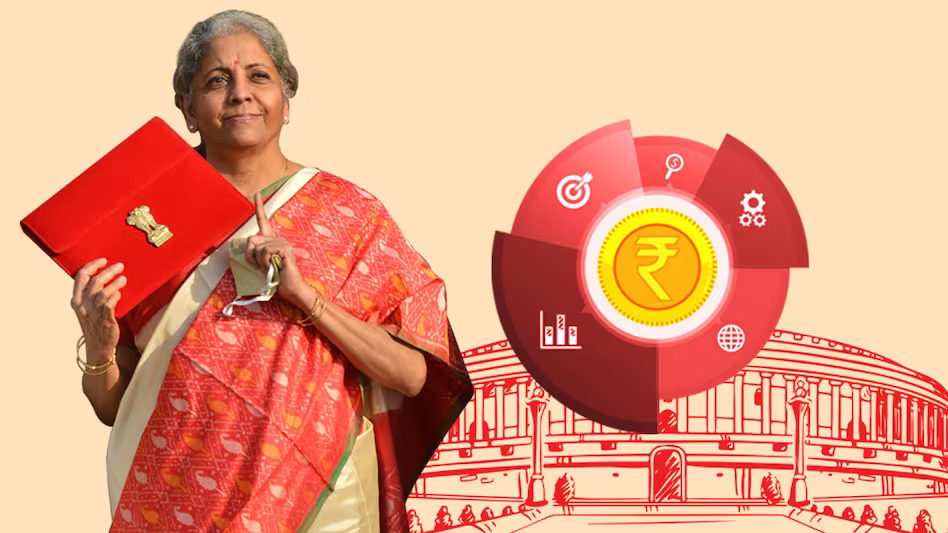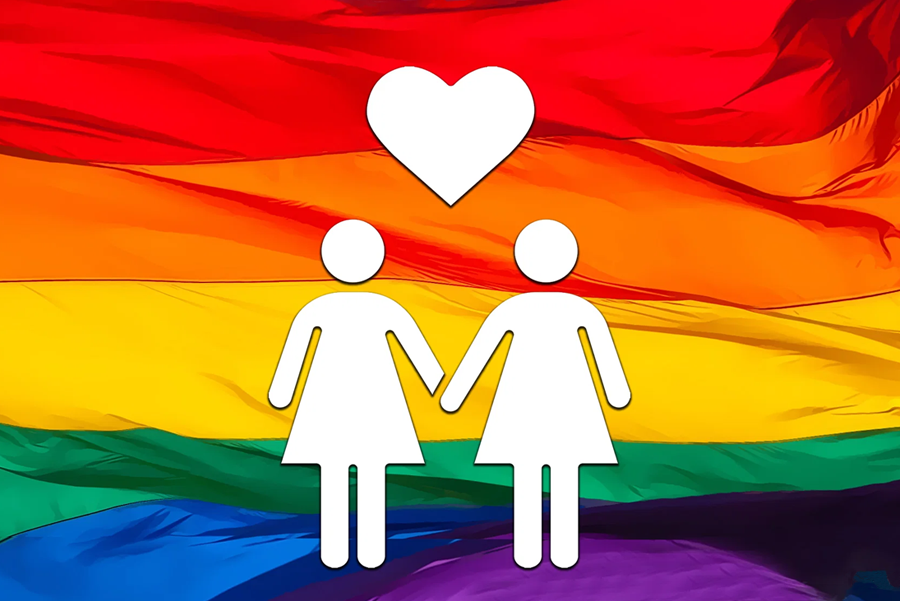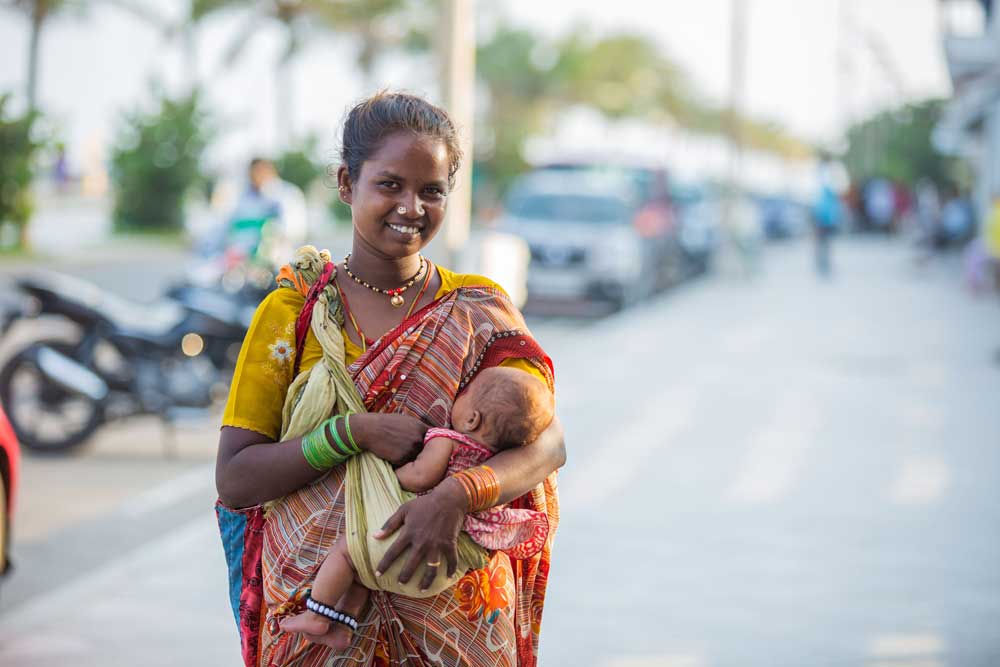“The decision whether or not to bear a child is central to a woman’s life, to her well-being and dignity. When government controls that decision for her, she is being treated as less than a fully adult human responsible for her own choices.” – Justice Ruth Bader Ginsberg
Today is International Safe Abortion Day – the day when individuals, organizations and governments worldwide mobilise to make their demands heard on the need to defend and protect a person’s right to safe and legal abortion; and ensure reproductive justice. The theme for this year is abortion in uncertain times.
Many of us have been shocked by the United States (US) Supreme Court’s decision that overturned the landmark 1973 judgement – Roe V. Wade – earlier this year. This judgement gave women in the US, the constitutional right to terminate a pregnancy. When the conservative majority of the US Supreme Court gutted Roe V. Wade, they effectively stated that women no longer have the right to make their own reproductive decisions. In the months since, there has been global outrage to this news and we have seen many conservative US states passing extremely restrictive laws banning or severely limiting access to abortion with new attempts to introduce federal restrictions.
While trying to digest this development, a 2018 documentary quietly popped up in our Netflix suggestions. Whether it was a coincidence or the Netflix algorithm at work, the documentary – Reversing Roe – piqued our interest. This film – a must watch – is a fascinating insight into how the debate around abortion has evolved in America and its eventual politicisation.
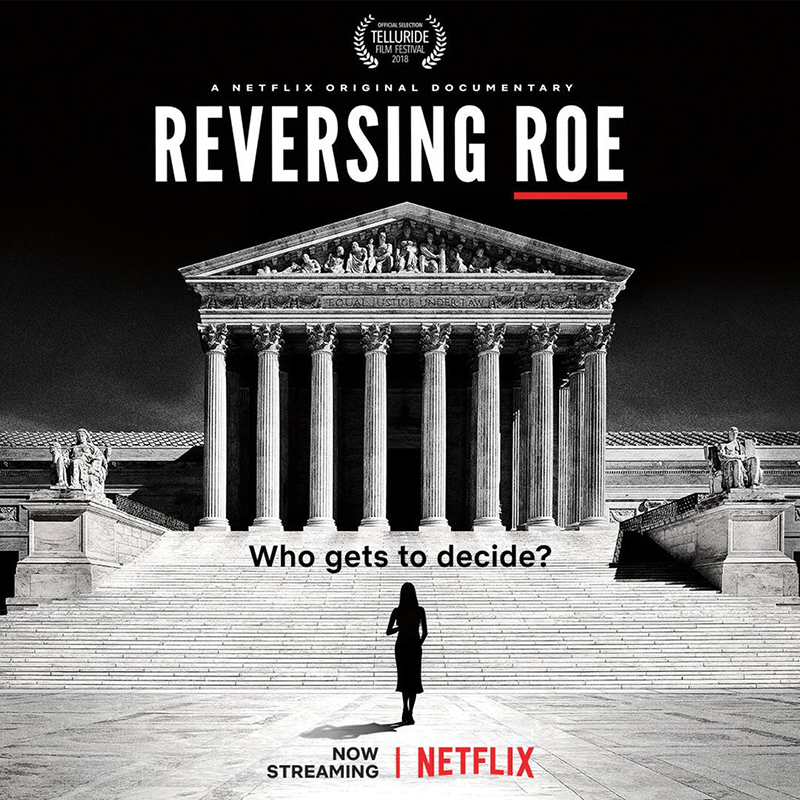
Unfortunately, and as we know, abortion is one of the most contentious issues in the world. The global implications of this are and will be devastating. According to many reproductive rights experts, overturning Roe V. Wade is the beginning of the assault on women’s rights in the US – and overseas. In the last few years, we have celebrated as a few countries, including some with large Catholic populations, legalised abortion. For example, Ireland legalised abortion in 2019, Argentina in 2020 and Mexico‘s Supreme Court voted to decriminalize abortion last year. This move in the US may impact and weaken reproductive rights across the world and set a terrible example that other governments and anti-rights groups could use to deny the rights of women. (Read this CNN article on other countries stance on abortion.) This is also a sure shot reminder of how fragile any abortion legislation really is, and how shockingly easy it is to set a precedent for falling back on hard-won rights and freedoms and for these rights to be taken away from us.
In India, abortion is legal according to the Medical Termination of Pregnancy (MTP) Act. This was enacted in 1971 and women could get an abortion up to 20 weeks of pregnancy, based on certain conditions. As of 2021, the period for the abortion was extended to 24 weeks – again based on conditions: if the person is a survivor of rape or incest, a minor; when there is a change in one’s marital status during pregnancy (widowhood or divorce); and there is no gestation limit for abortion if there are foetal anomalies and a medical board confirms that the pregnancy can be terminated.
The MTP Act 2021, is an improvement as it widens the scope of getting a legal abortion. The law, however, still does not recognise abortion care as a critical part of any person’s rights to reproductive, bodily, and sexual autonomy. Even after it was amended, our justice system is uncertain in its approach to abortions. Recent events are a testimony to this – the Supreme Court of India has to intervene to allow an unmarried woman to end her pregnancy at 24 weeks, after the Delhi High Court refused, citing the provisions of the law. In the 2017 landmark ruling in the right to privacy case, our Supreme Court unequivocally said that ‘A woman’s freedom of choice whether to bear a child or abort her pregnancy are areas which fall in the realm of privacy.” In an ideal world, a pregnant person should not need to approach a court and/or medical board of any kind to terminate an unwanted pregnancy adding to the mental and physical toll that they are already under. The decision, whether or not to continue a pregnancy, is theirs alone and between them and their doctor.
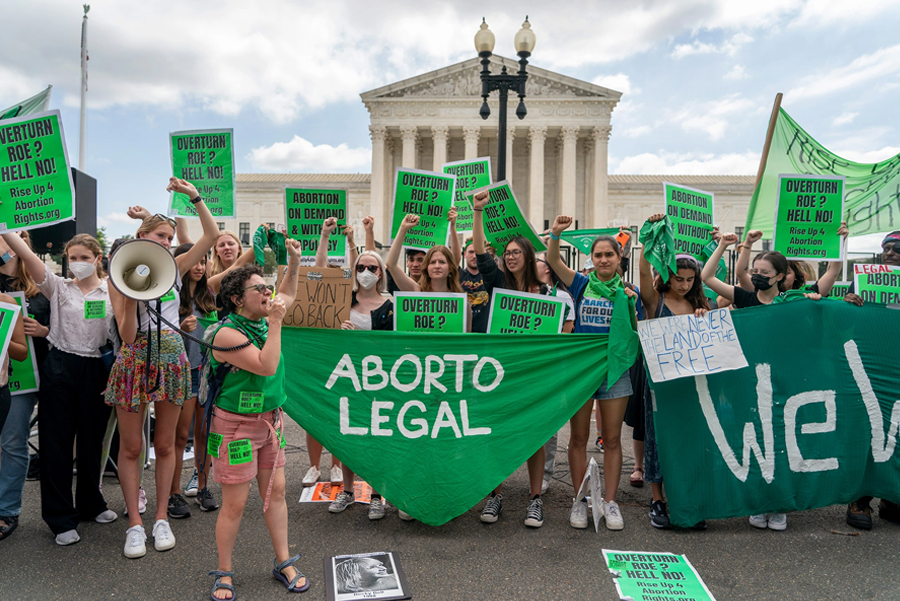
We are still battling against stigma around accessing safe and legal abortion care. The ground reality is that when women go to clinics for abortions, they are often asked to show consent of their husbands or partners for the procedure and in cases, also discouraged by medical practitioners from getting an abortion. Access to services is difficult for unmarried girls and women, which then pushes them toward unsafe abortions and puts their lives at risk. A risk that is absolutely unnecessary.
As we all condemn “regressive” moves by the U.S. Supreme Court on abortion, we must remember that there is much work remaining still around reproductive rights in India. We need to ensure better implementation of and create more awareness around the provisions of the current law. Moreover, we need to keep working towards a change in societal attitudes on abortion and recognition of this as an individual’s right and choice.
On this International Safe Abortion Day, and in these uncertain times, we reaffirm that every person should have full autonomy over their body. The right to abortion and the right to have control over one’s body is inherent in the fundamental human right to life. We express solidarity with all who have been deprived of this right. It is essential for achieving gender equality and it must be possible for everyone to exercise this right in safety and free from any violence or coercion.
P.S. In the hours after this blog was published, the Supreme Court of India gave a historic and landmark ruling reaffirming a woman’s right to choose whether or not to terminate a pregnancy. Currently, the recently amended Medical Termination of Pregnancy (MTP) Act, beyond 20 weeks only certain categories of woman are able to get an abortion. However, the Court, in an expansive and progressive interpretation of the law, has ruled that all women – including those who are unmarried and where the pregnancy is a result of a consensual sexual relationship – will be allowed to get an abortion up to 24 weeks, effectively stating that unmarried women have the same reproductive rights as married women. Additionally, the Court also recognized that it is not only cisgender women who need abortions and that the definition of women in their judgment applies to any person who is able to get pregnant. Finally, this judgment was also a landmark one given that it is the first time that the Supreme Court recognized marital rape and stated that married women could also seek abortions under this provision. We hope this will pave the way for criminalising marital rape in the country.
